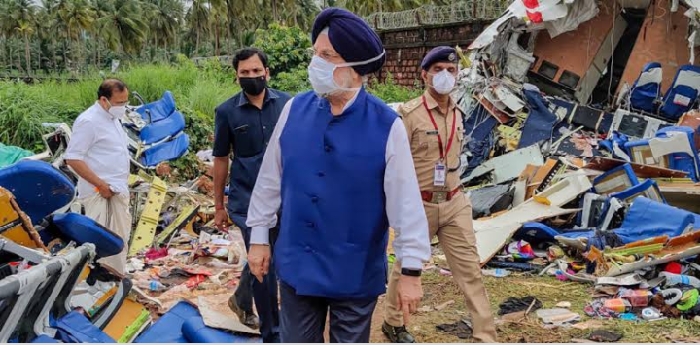New Delhi, May 4: The government has not talked about charging anything from migrant labourers as 85 per cent of the transportation cost is borne by the railways and 15 per cent by state governments, the Centre said on Monday amid a row over the national transporter allegedly charging the workers for ferrying them home during the COVID-19-induced lockdown.
The government also said the process of transporting the stranded migrant labourers was being coordinated by states “except for one or two states”.
Asked if the migrant labourers were being charged for being ferried home, Joint Secretary at the Health Ministry Lav Agarwal said that as far as migrant labourers are concerned, the guidelines have clearly stated that under the infectious disease management one should stay where he or she is.
“Based on the request given from states for particular cases, permission was given to run special trains. Be it government of India or the Railways, we have not talked about charging from workers. Eighty-five per cent of the transportation cost is borne by the Railways, while states have to bear 15 per cent of the cost,” he told reporters.
“Based on the request of the states the process that started, under which limited number of stranded migrant labourers have to be transported for a particular reason, is being coordinated by the state governments, except for one or two states,” Agarwal said.
At the daily briefing on the COVID-19 situation, Agarwal also said that in the last 24 hours, 1,074 COVID-19 patients have recovered, the highest number of recoveries in one day.
The recovery rate stands at 27.52 per cent with 11,706 COVID-19 patients cured till now, he said.
Agarwal said in the last 24 hours, 2,553 novel coronavirus cases were reported, taking the number of overall cases to 42,533. The total number of active cases stands at 29,453, he said.
The joint secretary also said that the COVID-19 curve is relatively flat as of now and it was not right to talk in terms of when the peak would come.
“If we collectively work then the peak might not ever come, while if we fail in any way we might experience a spike in cases,” he said.
Amitabh Kant, Chairman of the Empowered Group dealing with civil society, NGOs, industries and international partners, said in 112 aspirational districts, “we worked with the collectors and in these 112 districts only 610 cases have been reported which is two per cent of the national level infection”.
In these 112 districts, 22 per cent of India's population resides, he said.
In a few districts like Baramulla, Nuh Rachi, Kupwara and Jaisalmer more than 30 cases have been reported, while in the rest of the places very few cases are there, Kant said.





Comments
why is no one talking about privatized railways? why Adani is not offering free travel to laborers?
Add new comment